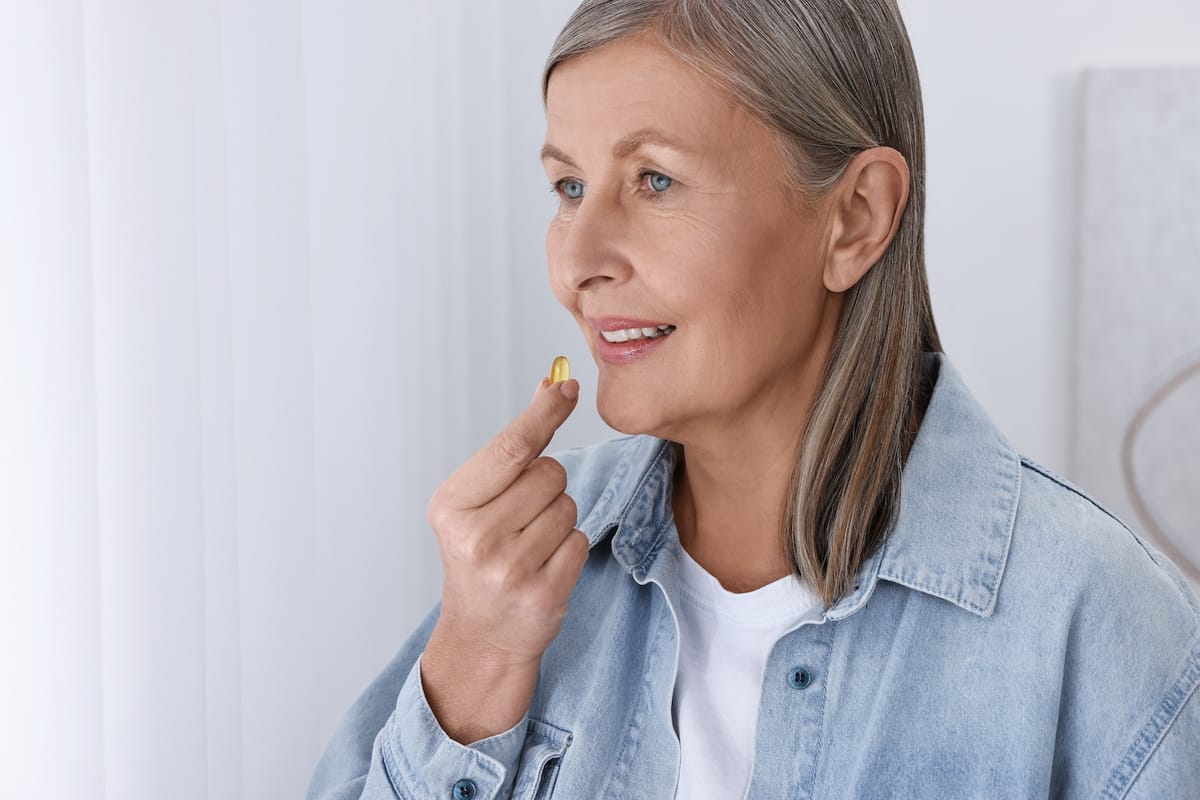

Understanding the Importance of Vitamin D for Seniors
Vitamin D is a vital nutrient that plays a significant role in maintaining the overall health and well-being of seniors. As people age, their ability to produce vitamin D from sunlight decreases, and their diet may not provide enough of this essential nutrient. This deficiency can lead to various health issues, including bone diseases, depression, and increased risk of infections. Vitamin D is crucial for healthy aging, particularly because it helps regulate calcium absorption, which is essential for maintaining strong bones and muscles. Seniors have a greater need for vitamin D due to their higher risk for conditions like osteoporosis, cardiovascular disease, and certain types of cancer.
Symptoms of Vitamin D Deficiency in Seniors
Identifying the symptoms of vitamin D deficiency is key to addressing the issue promptly. Common signs include weak muscles, changes in mood and cognitive function, fatigue, and digestive issues. Seniors may experience muscle weakness, which can manifest as difficulty standing up or climbing stairs. Low vitamin D levels can also lead to widespread pain, particularly in the shoulders, pelvis, ribcage, and lower back, causing significant fatigue. Additionally, vitamin D deficiency has been linked to mental health issues such as depression and cognitive decline. Studies have shown that older adults with lower levels of vitamin D report more pronounced mental health concerns, including loneliness, lack of enjoyment, and restless sleep.
Benefits of Vitamin D for Seniors
Vitamin D offers numerous benefits that are particularly important for seniors. It helps improve mental health by combating depression and other mood disorders. A 2017 study found a significant link between lower levels of vitamin D and depressive symptoms in older adults. Vitamin D is also crucial for bone health. It helps prevent osteoporosis, a condition that affects about 16% of seniors, causing bones to become brittle and weak. When combined with adequate calcium intake, vitamin D can reduce the risk of hip fractures by up to 16%. Furthermore, vitamin D acts as a preventive treatment for various diseases. It helps manage immune cells, reducing the risks of colon cancer, blood cancers, and other life-threatening conditions. Vitamin D also boosts the immune system to fight everyday illnesses like colds and the flu by promoting natural antibiotic-like substances in the lungs.
How to Ensure Adequate Vitamin D Intake
Ensuring adequate vitamin D intake is crucial for seniors. The recommended dosage for seniors varies by age: 15 micrograms for those under 71 and 20 micrograms for those 71 and older, or in International Units (IU), at least 600 IU for those up to 70 years old and at least 800 IU for those older than 70. Seniors can obtain vitamin D through a balanced diet that includes fortified foods such as milk, yogurt, and cereals, as well as fatty fish like salmon, mackerel, and sardines. However, given the reduced ability to produce vitamin D from sunlight and the limited dietary sources, supplements are often necessary. Chewable or liquid forms of vitamin D supplements can be particularly helpful for older adults who may have difficulty swallowing large pills.
Safety Concerns and Monitoring
While vitamin D is essential, it is important to be aware of the safety concerns. Older adults can safely take up to 4000 IU of vitamin D per day. However, it is always best to consult with a doctor or dietitian to determine the appropriate dosage based on individual health needs and to monitor vitamin D levels through blood tests.
In Summary
Vitamin D is a critical nutrient for seniors, helping to prevent a range of health issues from bone diseases and depression to immune system deficiencies. Recognizing the symptoms of vitamin D deficiency and ensuring adequate intake through diet and supplements can significantly improve the health and well-being of older adults. By understanding the benefits and ensuring proper intake, seniors can protect their bone health, mental health, and overall wellness.
Dues are $12 per year. Member benefits:
✅ Ad-Free Website Viewing
✅ Advocacy for Republican Seniors
✅ 120+ Senior Discounts
✅ Member Only Newsletters